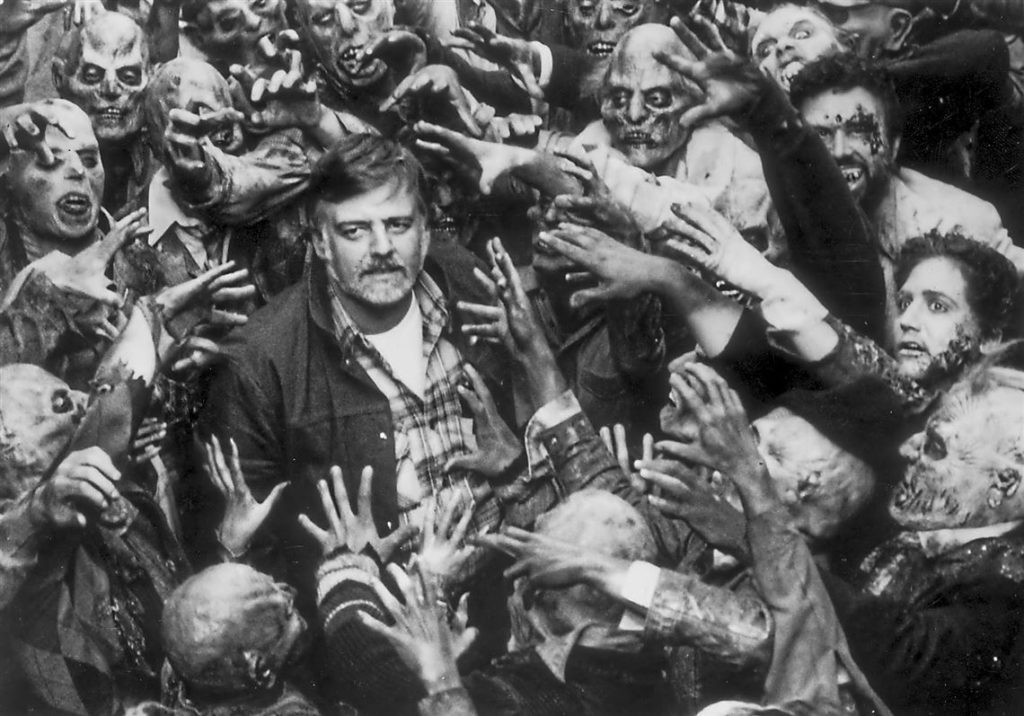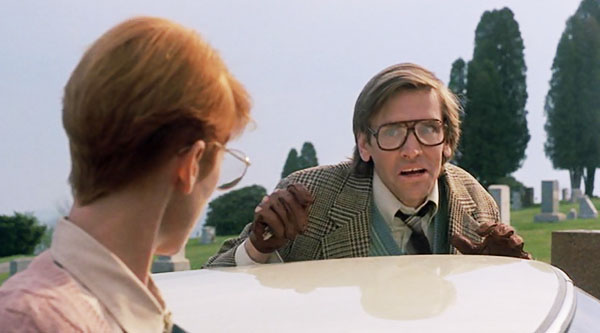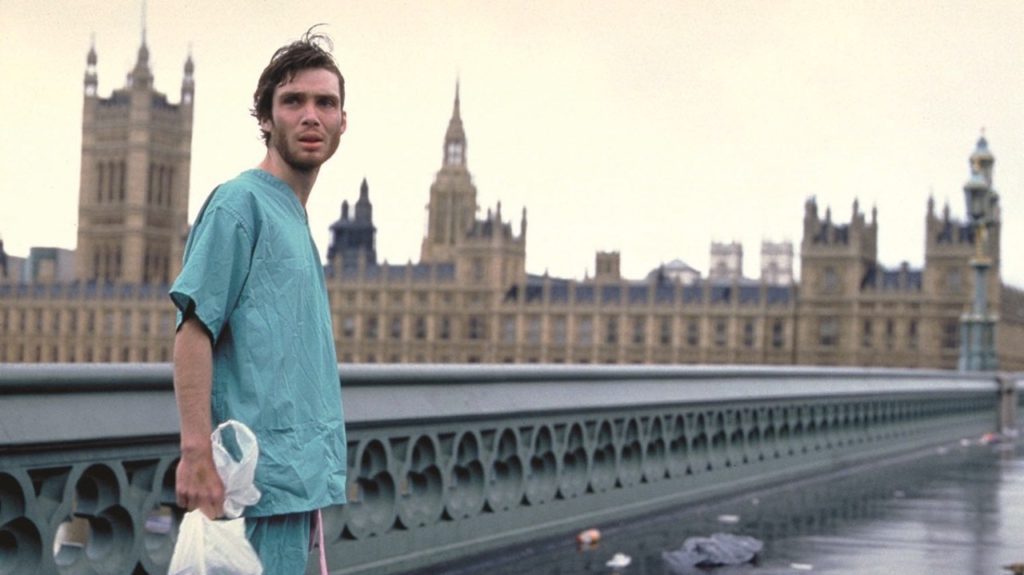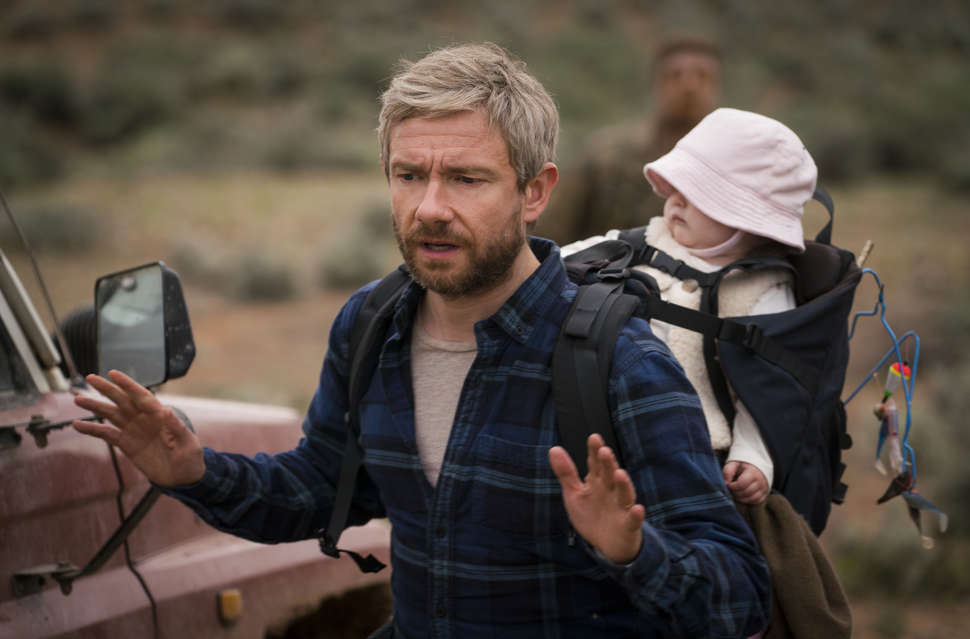The old saying goes there are only two things certain in life—death and taxes. Our own mortality is front and center, the ultimate deciding factor in every single human endeavor. Since we’re born into the grave, it makes sense that humans would strive to find a means to become immortal, or at least find a way to come back from the dead.
What if we could come back? We could be immortal, cheating death perpetually. Suppose we came back … different? Suppose only our physical bodies could rise from the grave, devoid of all cognitive thought and human emotion?
Another old saying is, “Sometimes, dead is better.”
Zombies, the living dead, revenants, ghouls. Whatever you want to call them, they’ve been creeping through the back of our minds ever since we first encountered death. Sure, we’d all love for our dearly departed loved ones to come back. We miss the dead, long for their comfort. And as much as we want to be able to spend time with our dead precious loved ones, there’s another thought that lies in the lizard part of our brain, internally screaming that dead is dead and what if they came back and it’s wrong?
As a horror trope, the living dead is one of the oldest, and it’s not going away anytime soon. Different than vampires and certainly not the same as mummies, zombies still captivate our fears, and creators are still finding interesting ways to present them. While ghosts haunt us spectrally and spiritually, zombies are much more visceral. The fear is physical, and often quite bloody and extremely gory. There’s something inherently horrifying about a rotting corpse that has burst through its coffin and clawed through the dirt to walk among us. Multiply that rotting corpse times a couple hundred, a few thousand … a million people … and you’ve got a zombie apocalypse on your hands.
The word ‘zombie’ didn’t come about until the 1870’s, and was used to describe a specific condition in the world of Haitian voodoo. Throw the word around in a couple of horror movies, apply it to bodies rising from the grave, and now we have a cultural phenomenon engrained in our lexicon. George A. Romero popularized the concept, stripped the term of its spiritual source, tied the mass return to a little science fiction, and repurposed it to create an entire genre. Though he standardized the zombie apocalypse concept, Romero never used the word “zombie”. We applied that terminology.
There are probably tens of thousands of books, movies, tv-shows, comics, and radio shows based around the zombie trope, and that’s really counting all the stuff from the 1930’s onward. One of the current top-rated television shows within the last ten years (though their numbers have dwindled as of late) is AMC’s The Walking Dead. Whether you enjoy the show or hate it, you have to admit that no matter how badly you think the zombie trope should go away, millions of people just can’t seem to get enough of them.
“When there is no more room in Hell, the dead will walk the Earth.”
I guess Peter (Ken Foree) in Dawn of the Dead was right, because you just can’t escape the ghouls. Some ask why they are so popular, but perhaps a better question is why not? You’d have to been living under a rock to not see how things are changing all over the world. Society is shifting, sometimes for the better, sometimes for the worse, but change is inevitable, and unstoppable … kinda like zombies. With change comes high tensions and fears, many of which unfounded, and many that are fully grounded in reality. For some there is an endless barrage of depression and anxiety to deal with on a daily basis. Sometimes we all feel like we’re living in a rat-race, scurrying from one place to another, much of our time spent on the hamster wheel of the daily grind. Rampant consumerism, social media saturation, and the constant feeling we’re caught in an echo chamber itching for a tiny bit of attention in an increasingly overstimulated world doesn’t help either. Perhaps the horror in John Carpenter’s They Live isn’t the aliens that have taken over our world, but the fact that we let them, and we liked it, essentially turning us into mindless zombies, dependent upon the very things we crave, our heads comfortably in the sand. We relate to the walking dead, we can emphasize with them, and let’s face it—Rick Grimes isn’t talking about the zombies when he says that phrase in The Walking Dead.
We, the living, the survivors, are the walking dead.
The one factor that can breathe fresh life into an old trope like zombies is how you handle the survivors. Survivors are the other half of the equation, and the best zombie stories typically try to bring all forms of conflict into the mix. Man vs. beast, man vs. nature, and man vs. man. Cover these conflicts in multiple ways and you’ve probably got a great story on your hands. Compelling, complex characters, vivid and relatable, make excellent survivors, allowing creators to spin fresh takes on the genre by shifting perspective with different personalities. As there’s an “Our Zombies are Different” sub-trope, there a matching “Our Survivors are Different” sub-trope. And everything has been tried under the sun to make the zombies different (Zombeavers anyone?). We’ve had zombies that aren’t dead, that are sentient (The Rising by Brian Keene), slow zombies that shuffle along, and fast infected that move like Tasmanian Devil’s (28 Days Later). Combine any one of those different kind of zombies with unique characters, you have a new take on an old trope. Done right, the concept could be considered groundbreaking. Shifting the locale and culture can also do wonders for the zombie trope, as Netflix’s Cargo proved by using Australia as the setting and the indigenous aboriginals to present a zombie story quite different from what we’re used to seeing.
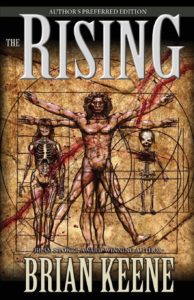 As long as society continues to change, and people still find themselves caught in the unending rut of life, there is a need to shine a light on those real-life fears through horror fiction and film. The zombie trope is one of the best suited for such an escape. We are the survivors, we are the real dead. And then, sometimes you just need to watch hordes of zombies burst into a house and eat everyone’s face off. Nonetheless, the zombie tropes are here to stay, especially if creators are willing to push the boundaries of story to the limit to present something unique and, dare we say, original.
As long as society continues to change, and people still find themselves caught in the unending rut of life, there is a need to shine a light on those real-life fears through horror fiction and film. The zombie trope is one of the best suited for such an escape. We are the survivors, we are the real dead. And then, sometimes you just need to watch hordes of zombies burst into a house and eat everyone’s face off. Nonetheless, the zombie tropes are here to stay, especially if creators are willing to push the boundaries of story to the limit to present something unique and, dare we say, original.
BOB PASTORELLA

